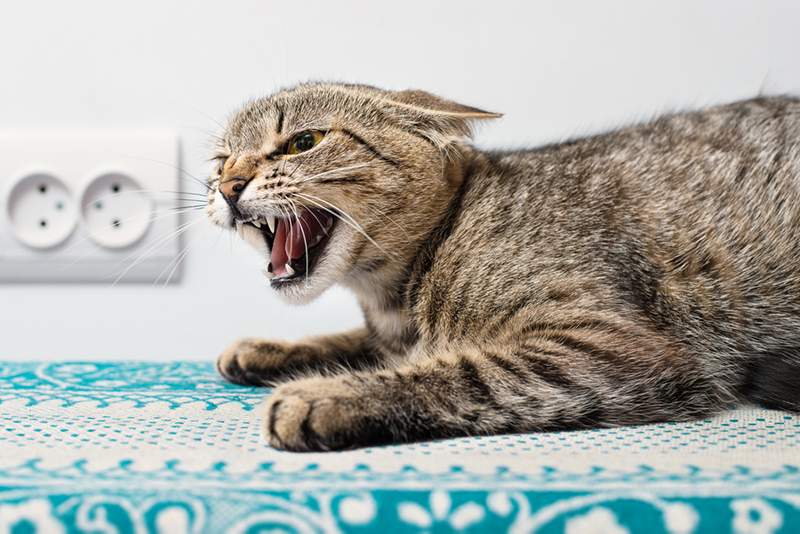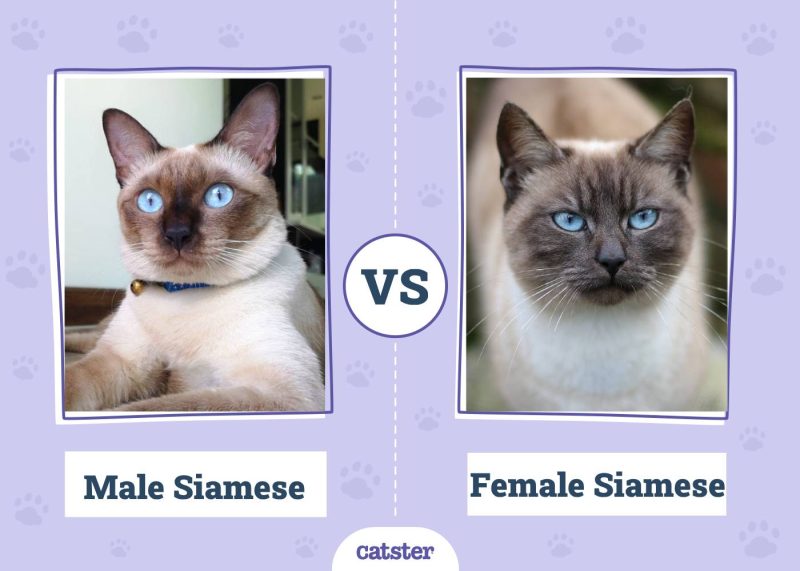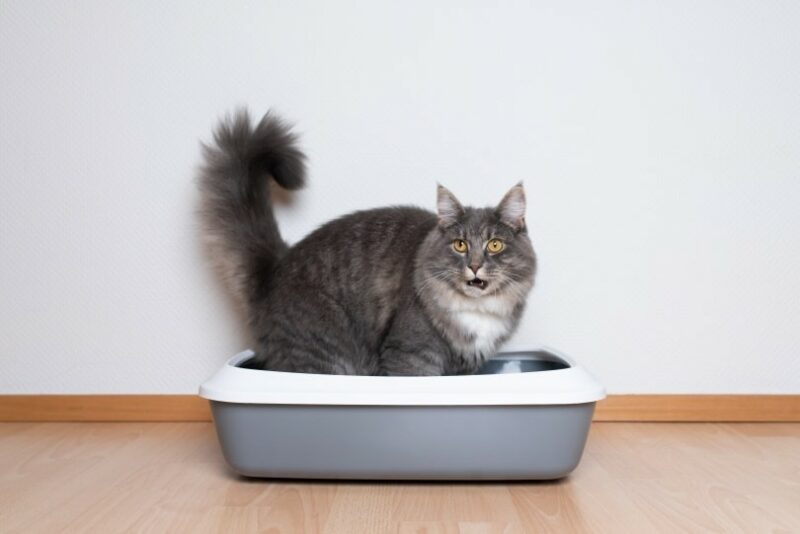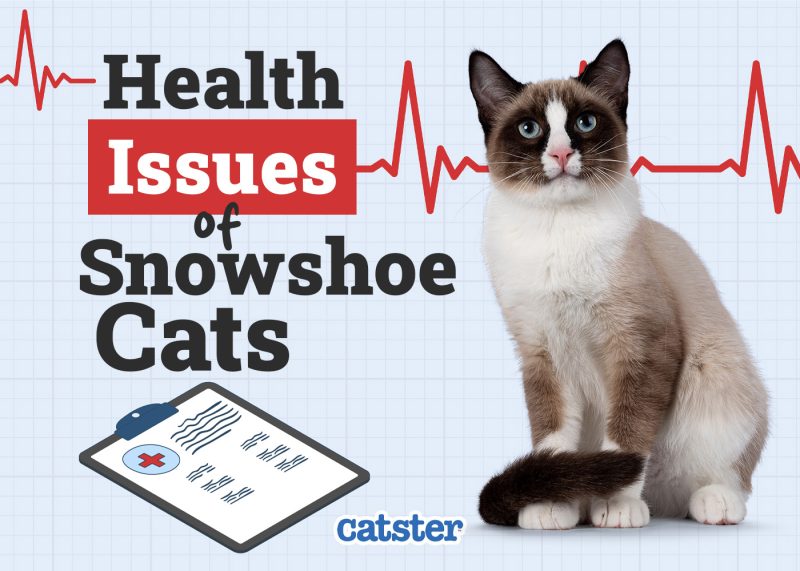In this article
Though cats don’t make the news for visiting children’s hospitals or assisting with traumatized veterans nearly as often as their canine counterparts, that doesn’t mean they’re not just as qualified to do the job. Cats can make fantastic therapy pets for many reasons and work in a variety of educational and healthcare settings.
Read on to learn more about what a therapy pet is, how they differ from their emotional support and service animal counterparts, and what the benefits of cat-assisted therapy are.

What Are Therapy Pets?
Therapy pets visit facilities such as hospitals, retirement homes, nursing homes, and schools. Though most therapy animals are dogs, many species can make fantastic candidates. Cats, rabbits, and horses are also great options for therapy pets.
Regardless of species, these animals have undergone behavioral and veterinary evaluation and significant training to work alongside a professional handler to help people suffering from physical and mental health problems.
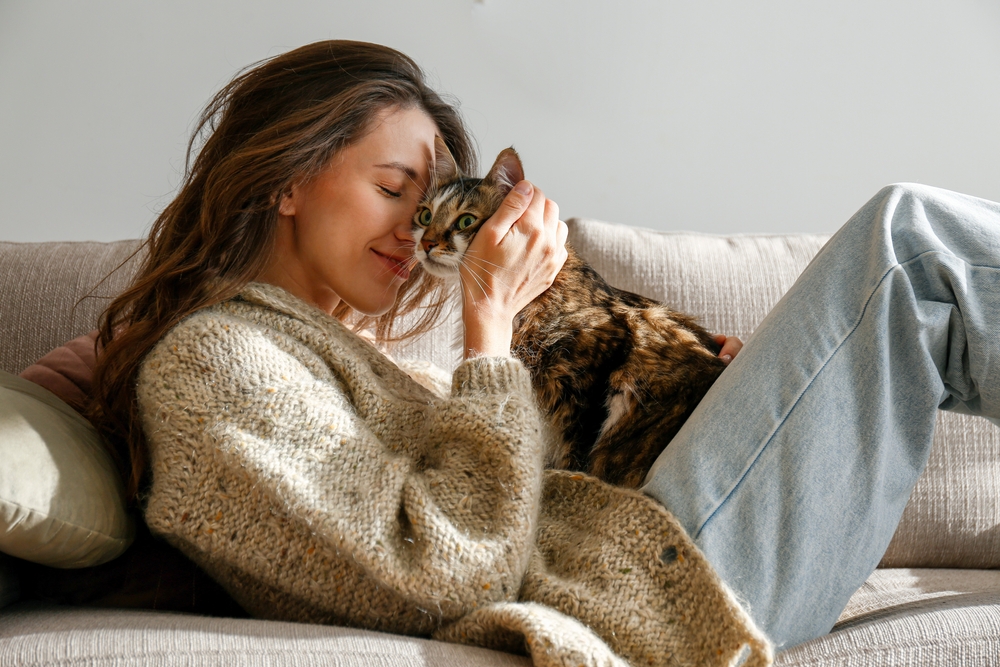
Therapy Animals vs Emotional Support Animals vs Service Animals
“Therapy animals”, “emotional support animals”, and “service animals” are all terms sometimes used interchangeably, but they all have very different roles and requirements.
Emotional support animals provide mental health support for a single individual and typically don’t require any formal training.
Therapy animals can serve a wide range of people and are certified or registered. They need to undergo some training and veterinary evaluations before receiving their designation.
Neither therapy nor emotional support animals have public access rights or are recognized by federal law as service animals, and access to facilities where pets are not allowed is at the discretion of each site. Service animals have undergone training to perform specific tasks for folks with disabilities. Unfortunately for cat lovers, cats cannot receive service animal designation.
What Kind of Work Can Therapy Cats Do?
Therapy cats don’t perform specific tasks like their service animal counterparts. They can’t help their owners perform day-to-day tasks or detect allergens. Instead, they work alongside their human handler (usually their owner) to volunteer in various settings to support the emotional well-being of people in need.
- Therapeutic visitation. The cat’s handler takes the pet to healthcare facilities to keep the patient company. Many sick people have had to leave their pets at home to care for their own health needs, so having a therapy cat come to visit them can motivate them to get better faster to get back home to their own pets.
- Animal-assisted therapy. These cats are often found keeping patients company and helping them recover from chronic illnesses or injuries through stressless exercises like petting and light play.
- Facility therapy. These therapy animals reside at the care center and are trained to engage with patients with diseases like Alzheimer’s disease or mental health conditions.

What Are the Benefits of Having a Therapy Cat?
There are many benefits of having a cat as a therapy animal.
They’re Small
As great as dogs are at being service dogs and therapy animals, there’s something to be said about the small, dainty size of cats. When a patient is in physical pain, the last thing they want is an eager-to-help and excitable Bernese Mountain Dog climbing on them. A cat’s small size makes them easier to control, too. While they can sneak off, they probably won’t wreak absolute havoc on the healthcare facility like a dog could.
Sure, there are small dog breeds, but cats are generally more flexible and easier-going when finding positions to lay in that are both comfortable for them and the patient they’re assisting.

They’re Quiet
Cats are much quieter than their canine counterparts, making them a great companion to take to healthcare facilities or schools. They won’t disturb the people who don’t choose to implement animal therapy into their treatment plans.
Their Purrs Are Healing
A cat’s purr is in the 25- and 150-hertz frequency range. Studies have shown that low-frequency (25–50 Hz) vibration can promote healing and improve one’s bone density. So, while patients can’t rely solely on their therapy cat’s purrs to heal, there’s certainly no harm and likely many benefits in allowing a kitty to purr on you.
They’re Relatively Easy to Care For
Cats are generally considered easier to care for than other pets when aspects such as toilet training, the need for walks, and size are taken into account. They don’t need to be walked at specific intervals throughout the day or taken outside to do their business. You don’t need a special vehicle to tote them around as you would a therapy horse.
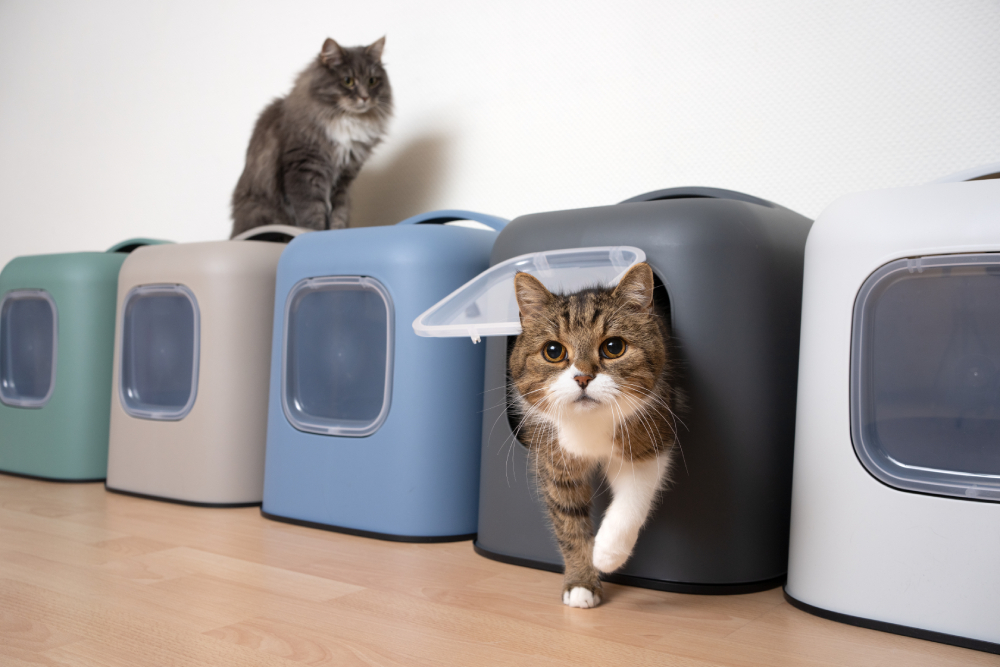
They Boost Well-Being
Any cat owner can tell you just how much joy their pet brings to their life, but did you know that there’s science to back up these claims, too? One Australian study suggests that cat owners had better psychological health than non-pet owners. Another study shows that cats can alleviate negative moods and even reduce feelings of seclusion.

Can Any Cat Become a Therapy Cat?
Not every cat is destined to provide therapeutic services. This type of work requires a specific personality and temperament, as well as undergoing specific training. The best therapy cats are outgoing, friendly, gentle, and patient. They generally enjoy being held and touched by people, even unfamiliar ones. Additionally, they must remain calm and not be overly active. A small scratch, even accidental, can present severe physical and emotional problems for patients.
All potential therapy cats will need to be up-to-date on their vaccinations, free or transmissible infectious diseases, and with adequate parasite control to protect the vulnerable people they’ll be working with.

Final Thoughts
Though dogs often take the spotlight in the world of healthcare and therapy, cats can make just as good therapy pets as their canine counterparts. Of course, not all animals are capable of doing such work. If you think your kitty has what it takes to be a therapy pet, be sure to research more about the training and certification process.
Featured Image Credit: Vershinin89, Shutterstock


